Like so many good ideas, Howl for Wildlife was born out of frustration. It was January 2021, and state Sen. Scott Wiener of California had introduced a bill to ban bear hunting in his state. Army veteran Charles Whitwam, a Bay Area entrepreneur, outfitter, and hunting guide, was more than frustrated. He was pissed off.
Whitwam got online and started a change.org petition. Within five days, it had 27,000 signatures — not just from California bear hunters but from hunters and hunting supporters from across the country who saw the national implications of a state-wide bear hunting ban. Wiener soon pulled his bill, which had been sponsored by the anti-hunting-focused Humane Society of the United States (HSUS).
“My thought was, ‘Man, we just beat the HSUS,’” Whitwam remembers. “We made a nationwide effort out of it. Now, how do I organize it?”
A year later, he figured it out.
Howl for Wildlife was launched on Jan. 12 as a multi-pronged advocacy platform to fight anti-hunting legislation and boost pro-sportsmen legislation at the state and national levels.
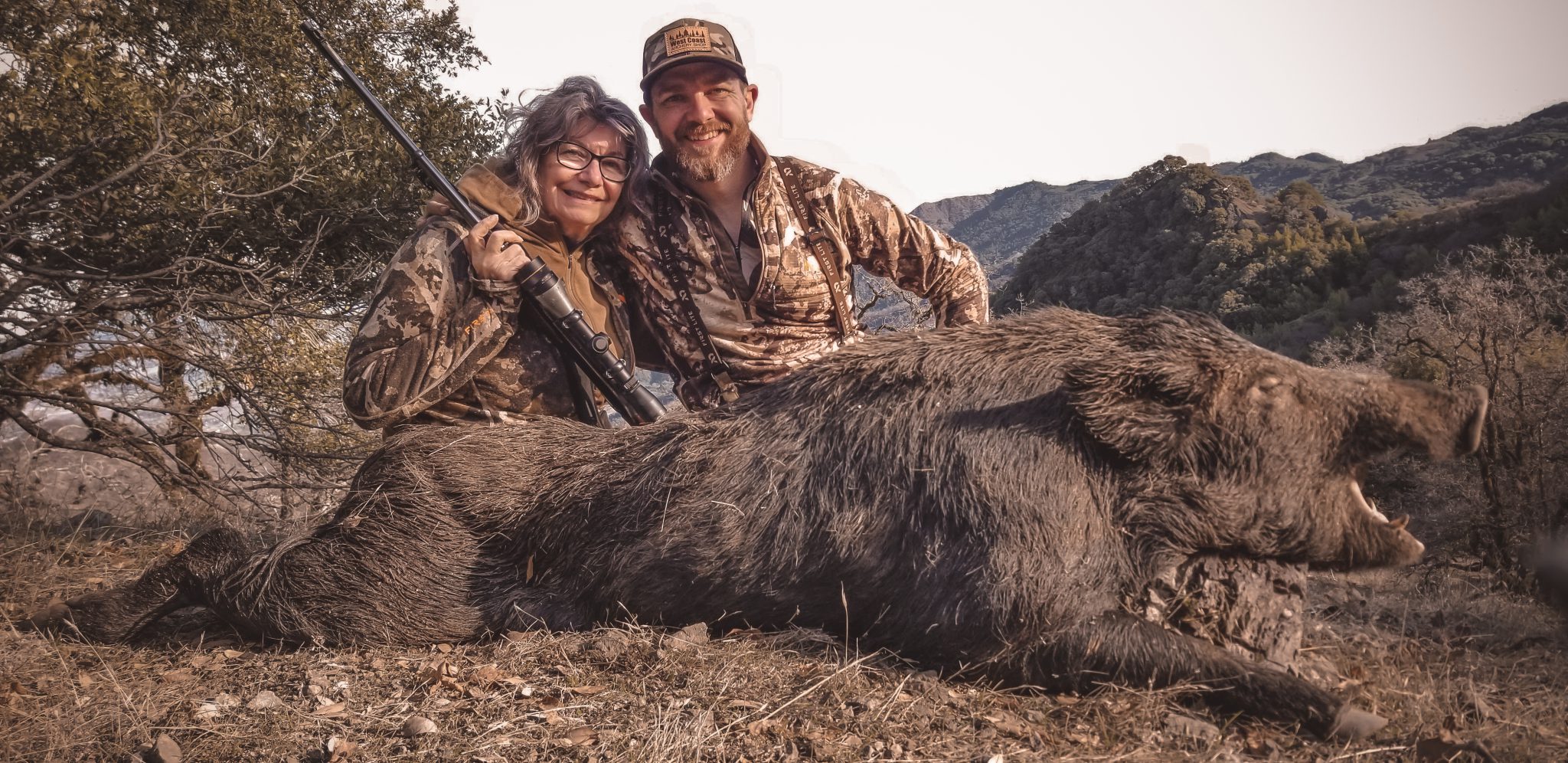
RELATED – Predator Calling Contests Under Attack From Virginia Lawmaker
How the Howl Process Works
For a hunter who wants their voice heard, Howl for Wildlife is practically effortless. The site collates threats to hunting and fishing that are at play in state legislatures around the country and displays them on a single page.
After making an account, a user can “Add Your Howl” by clicking a button to send a form email to the legislators working on a given bill. That email may go to one state senator, or it might go to multiple lawmakers at once — Whitwam said that emails were going to 22 legislators on one issue. The site is designed to blast emails on a particular issue to all relevant state officials so that every click can equal dozens of email actions.
From a hunter’s perspective, the process could not be simpler.
In 6 minutes, I sent nine form-email Howls. I could have customized the wording with more time — an excellent tactic for getting past email spam filters — but this is a busy world, so I wanted to test the system for speed.
In 6 minutes, I successfully told Washington state legislators that I want them to bring back their spring bear season, asked South Carolina to legalize Sunday hunting, endorsed Colorado teaching hunter safety in public schools, told Georgia I support expanding hunting and trapping of raccoons and opossums to help struggling turkey populations, plus sent pro-hunting comments on wild hogs in California, CWD and black bears in Washington, and public land turkey hunting in Mississippi.
The system works. Minutes after sending the Howls, I check my email. There were five automatic replies in my inbox from state senators in California and Georgia.
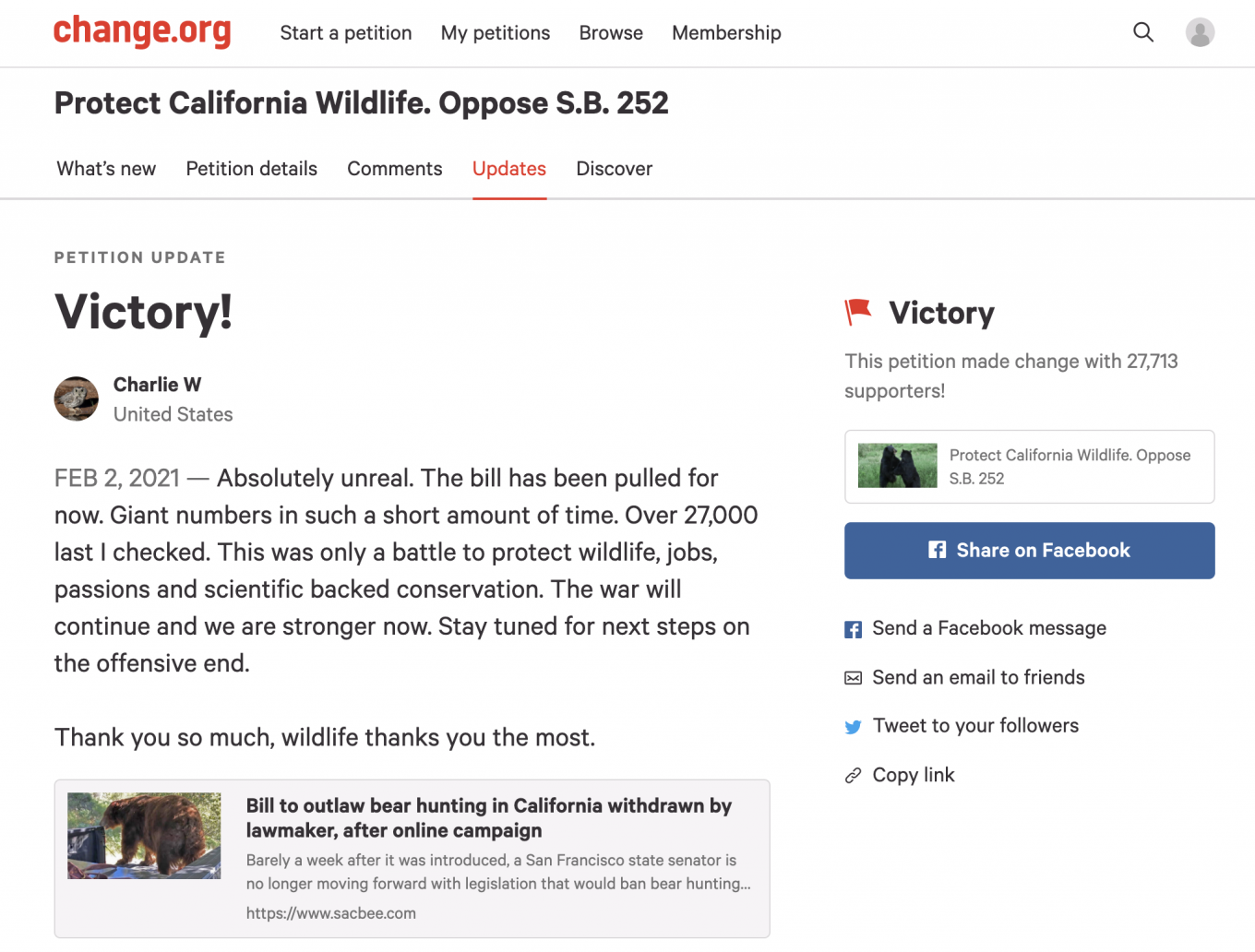
RELATED – Anti-Hunting Orgs Targeting Big Cat Seasons, Bear Seasons, Trapping
A JSOC Model of Wildlife Activism
Whitwam, who joined the Army Reserves in 1998 and spent his time mostly driving around Fort Sill as an 88M, says 16,000 people have signed up for the platform since it launched in January. They’ve sent 185,940 emails, and he can tell they’ve all been whitelisted, meaning they successfully made it past politicians’ spam filters. About 26,000 of them have been opened, which is phenomenal as it doesn’t take a legislative aide long to recognize a form email.
Currently, he’s working on a database-driven backend. It will generate a variety of email templates, with the help of algorithms, to create the vibe of a hand-typed email — making the actions taken by Howl for Wildlife users all the more powerful.
For example, regarding the Washington spring bear season controversy, the site could soon generate 10 different emails on the issue with 25 possible subject lines. The combinations could then be randomized so users can blast them out with better odds of getting by filters and interns.
“The first name I kicked around [for the platform] was Joint Hunters Operation Command,” Whitwam said, “based on JSOC or Joint Special Operations Command. I have family members who worked there, and as they tell it, the agency and every military branch had their own intel operations, but they weren’t getting as much done as they could. So, they said, let’s take the smartest people in all the rooms, and put them in one room.”
Howl, he says, could be that one room, that ready room, for state agencies and other nonprofits to urge hunters to act on their own behalf and provide them a way to do so directly.
“Within the hunting community, we’re always competing with each other,” Whitwam said. “We have our favorite brands and favorite organizations, but we have trouble synthesizing the entire 60 to 80 million sportsmen in this country. We don’t know how to reach them and mobilize them.”
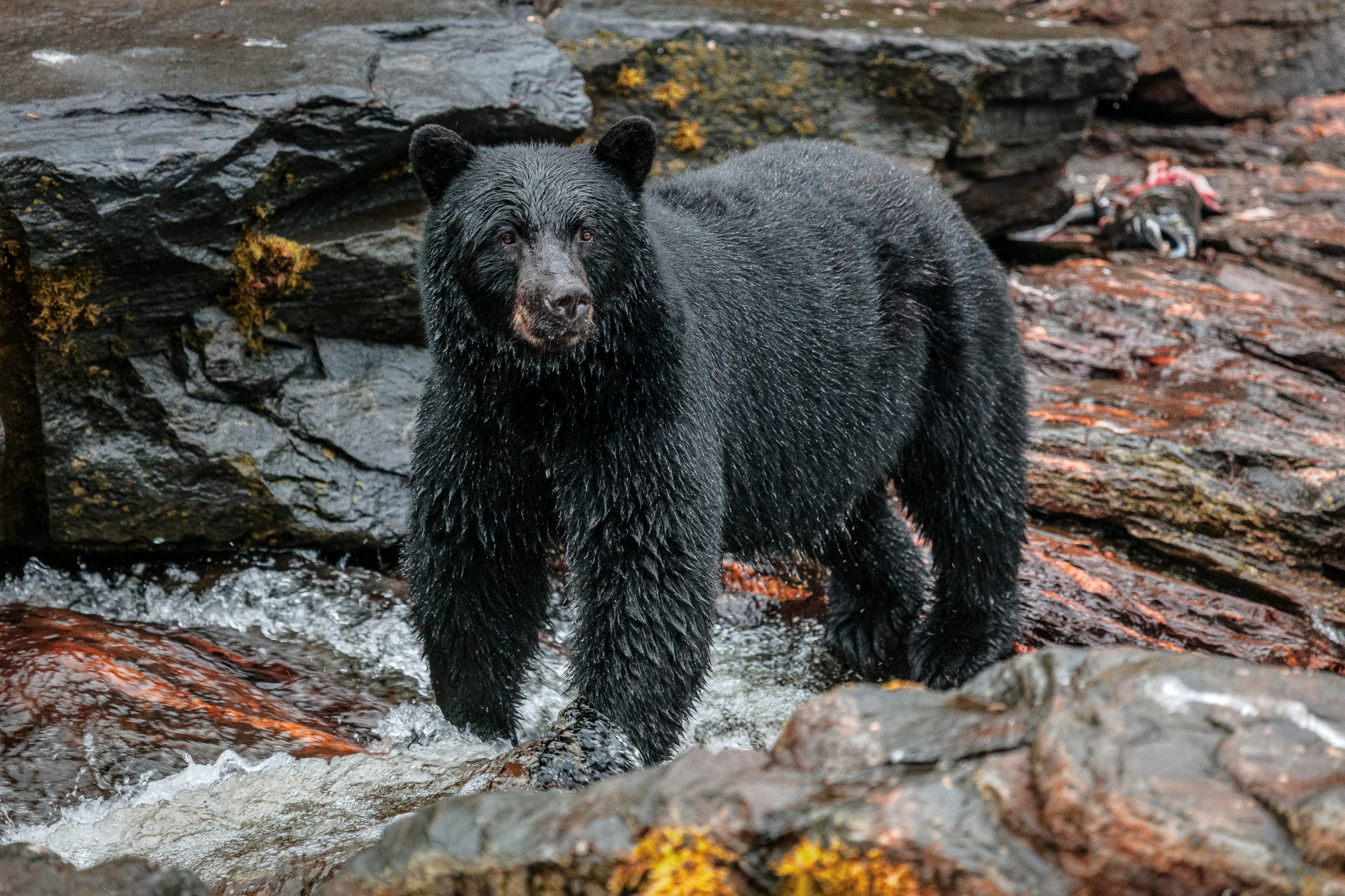
Howl for Wildlife, he hopes, can do that. Whitwam is working with state officials and content producers, like Robbie Kroger of Blood Origins, to get the best information out on threats to hunting. By working with outside content producers, Whitwam can focus on tech development and let the experts on the issue, say biologists with the Rocky Mountain Elk Foundation, draft the email to legislators, or provide explainer copy for hunters to better understand the issue before sending an email.
To keep users engaged, he’s gamified the Howls and provides giveaways and other incentives for participation. After my 6-minute email blast process, I received an email offering 20% off The Flip Flop Guy marinades and 25% off Protekt liquid supplements.
“We have seen Howl very quickly turn into a huge value-add for conservation,” Kroger told me. “Safari Club International, Backcountry Hunters & Anglers, Sportsmen’s Alliance, and others have very good email action programs, but Howl has made it easy, with immediate feedback, with lots of email follow-ups on how the bills are doing. He’s leveraging social networks and influencers to really push action to the inbox of decision-makers.”
Whitwam is also developing training modules for the most motivated hunter-activists, who he calls “pack leaders.” This training will walk leaders through everything from participation in public comment periods with wildlife commissioners to meeting etiquette and processes. The beta testing on this aspect of the site has already seen some early success.
The California Fish and Game Commission held a Zoom meeting last week to reconsider legislation sponsored by HSUS that would ban bear hunting in the state. Through Howl, pack leaders were trained on the relevant talking points and how to RSVP for the meeting with legislators. More than 200 hunters showed up at the meeting, and more than 60 spoke.
“We far outnumber the anti-hunting crowd,” Whitwam said. “Usually, the anti’s vastly outnumber the hunters in the room, and we reversed that.”
These checks in the win column are starting to stack up.
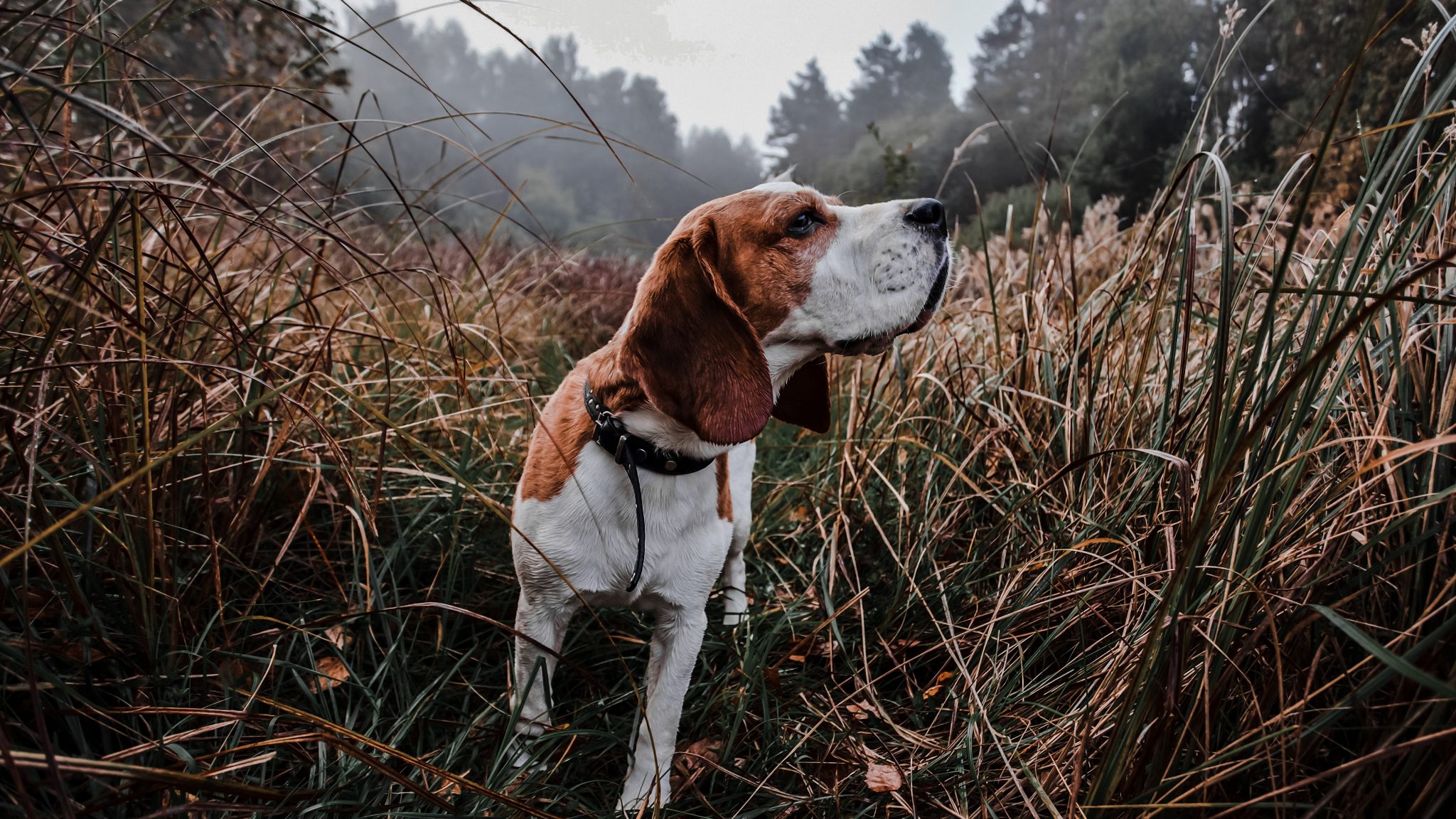
RELATED – Bill That Would Gut Vermont Fish & Wildlife Board Up For Public Comment
A Few Early Wins
Whitwam traveled to Denver earlier this month to listen in as state policymakers discussed Colorado Senate Bill 22-031, which would have banned lion, lynx, and bobcat hunting. It was defeated, partly thanks to Howl.
“Two of the senators brought up the number of emails they received,” he said. “One specifically said the content of the email, where we explained the North American Model of Wildlife Conservation and what it means to wildlife populations, is what made her change her vote.”
When Howl focused on a bill in New Hampshire that would hurt beagle clubs (it was defeated), a state rep emailed him afterward to say he had never received so many emails and that the bill was “a slam dunk” for approval before they got involved.
Howl for Wildlife is grassroots funded. After every Howl, the user is asked for a donation. There have been early talks of more significant corporate and nonprofit funding, but it’s primarily come out of Whitwam’s pocket so far. Many in the hunting community are bullish that this new tech solution, when fully funded and with the participation of all 50 states and the vast network of hunting-related nonprofits, could be a gamechanger for how hunters, anglers, trappers, and outdoor enthusiasts collectively legislate.
“For us, for hunters, a battle in Washington, Arizona, California, or Colorado affects all of us,” Whitwam told me. “If you live in New Hampshire and see an issue in Washington — if we don’t squash it while it’s in Washington, you will see it in New Hampshire. Play fill in the blank. The anti’s and HSUS always start with predators, but you could easily swap out bear or lion in Washington with turkey or ducks in New Hampshire. That’s these people’s end goal. To stop all hunting. It’s our job to stop them.”
Howl for Wildlife is a way that hunters and hunting supporters can take action to do just that, with just a few clicks of the mouse, and, so far, it’s working.
READ NEXT – Wolf Fight Heats Up As Judge Restores ESA Protections



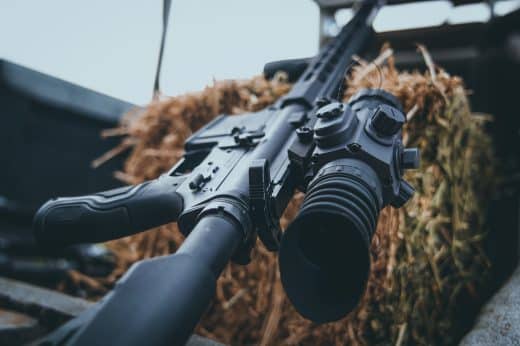
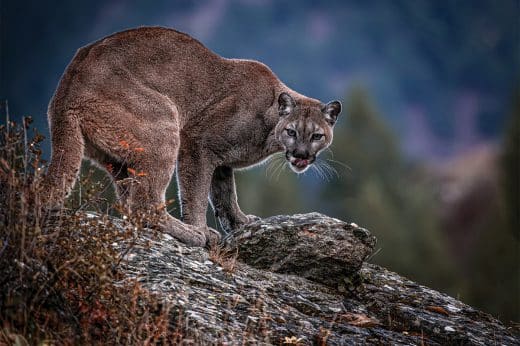
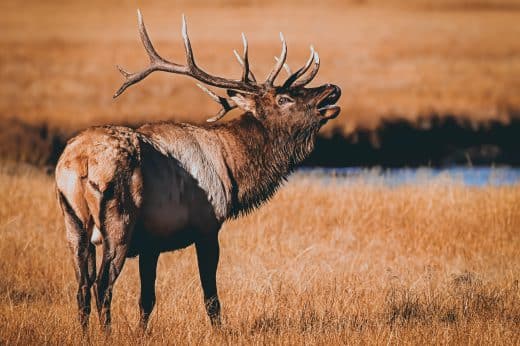


Mike Herz says
I have been involved with HOWL from the beginning and have seen firsthand the results and the mindset change of individuals in the hunting realm. Attitudes towards what can be done are changing as people see results. I am also seeing people of different hunting pursuits come together for the greater good of all.
warren douglas williams says
seems to me only the left is trying to take away our hunting ways and rights !.
Brian Hergert says
All predators need to be hunted with dogs and bait seasons and year round hunting season rest of the time spring bear hunting is crucial for calf and cow fawn and doe survival I hate finding eight legs in a kill in spring time